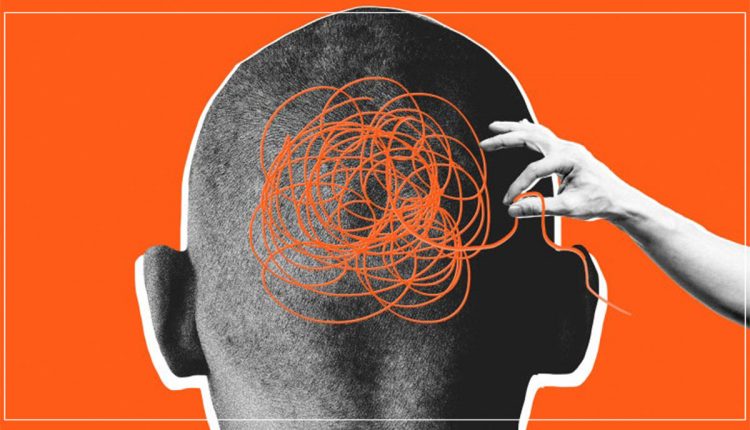
Differentiating Mental Health From Mental Illness
Only recently has there been an open discourse in mainstream media about mental health awareness. While the open discussion has helped many individuals to understand the importance of mental health, unfortunately many misconstrued mental health and mental illness to be the same thing.
These two terms are being increasingly used as if they mean the same thing. But they do not.
What is mental health?
When talking about mental health, it is important to note the distinction between the two. As WHO famously says, “there is no health without mental health.” Mental health is referred to an individual’s mental wellbeing, their emotions and feelings, and their understanding of the world around them. This may include but isn’t limited to their ability to connect with people, how they solve problems or overcome difficulties.
Related: 5 Things Your Therapist Wants You To Know
It is important to note that while everyone should take care of their wellbeing, not everyone will experience a mental illness in their life time.
What is mental illness?
Mental illness is a disorder that affects the way people think, feel, behave or interact with others. It’s how physical ailment would impact a person’s life. There are many different mental illnesses, and they have different symptoms that impact peoples’ lives in different ways.
The most common mental illness that affects people is anxiety and depression. And both like other disorders are treatable through early intervention. So just how an individual would seek professional help for any physical ailments, one should also seek help for any mental illnesses.
Related: Imposter’s Syndrome: Your Achievements Aren’t Fraudulent
However, it is pertinent to note that a person can have a bad mental health but still not have a serious illness. Similarly, someone can have a good mental health and yet be diagnosed with a mental illness.

